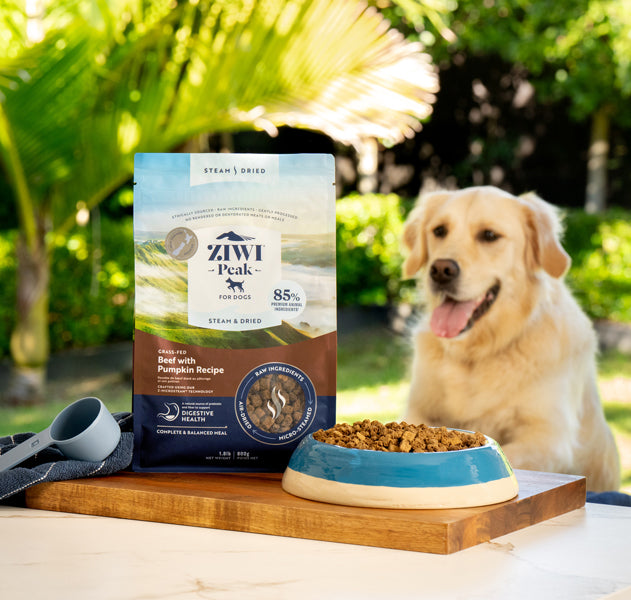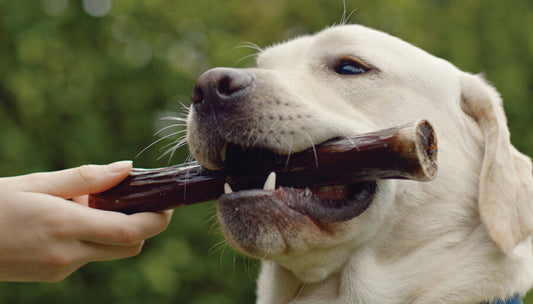 Gingivitis is the first stage of dental disease and the leading cause of tooth loss in cats. Left untreated, this bacteria moves deeper toward the base of the tooth (under the gums), resulting in swelling, infection, discomfort, and sometimes even bleeding.
Gingivitis is the first stage of dental disease and the leading cause of tooth loss in cats. Left untreated, this bacteria moves deeper toward the base of the tooth (under the gums), resulting in swelling, infection, discomfort, and sometimes even bleeding.
Let’s explore some proactive measures you can take to keep your cat’s gums and teeth healthy.
What are the symptoms and underlying causes?
It can be often hard to spot a dental issue like gingivitis until your cat is in quite a lot of discomfort. Here are a few signs to look out for:
- Red/swollen gums
- Bad breath
- Visible plaque on teeth
- Weight loss & loss of appetite
- Drooling
- Changes in behaviour
The biggest contributing factors to this condition are age, breed, and diet.
Older cats are more likely to suffer from gingivitis, while short-nosed breeds like Persians or British Shorthairs often have crowded or misaligned teeth which can be difficult to keep clean.
Diet is also a factor. Highly processed cat foods (many traditional dry kibbles) are full of added carbohydrates, which stick to teeth and cause high levels of plaque.
Treating gingivitis in cats
Start by consulting your vet. If there’s excessive plaque build up on your cat’s teeth, they may suggest a cleaning process called ‘scaling’ that allows the vet to safely scrape off plaque and tartar.
The optimal diet for healthy gums and teeth
A moisture-rich, high-meat diet (in other words, a raw or raw alternative diet) will keep your cat’s gums and teeth healthy as it offers natural teeth-cleaning benefits.
Raw food
Chewing raw meat and bones naturally scrapes away plaque and polishes teeth.
Raw alternative food (+ raw meaty bones)
ZIWI Peak® is a nutrient-dense diet, that can be safely and conveniently stored in your cupboard (and served for up to eight weeks after opening).
ZIWI Peak has none of the starchy additives that cling to teeth and cause plaque build up. It’s also a good idea to give your cat a few raw meaty bones each week to help give their teeth a thorough clean, and visit your vet for regular check-ups.
Sources:
https://wsava.org/wp-content/uploads/2020/01/Dental-Guidleines-for-endorsement_0.pdf
https://www.thesprucepets.com/treating-gingivitis-in-cats-4772190
https://www.vetsmall.theclinics.com/article/S0195-5616(06)00104-5/abstract
https://www.petmd.com/cat/conditions/mouth/c_ct_gingivitis
https://feline-nutrition.org/answers/answers-what-dry-food-does-to-your-cats-teeth
https://animalwellnessmagazine.com/feeding-cat-dental-issues/
https://twocrazycatladies.com/cat-health-issues/why-cats-need-digestive-enzymes/









